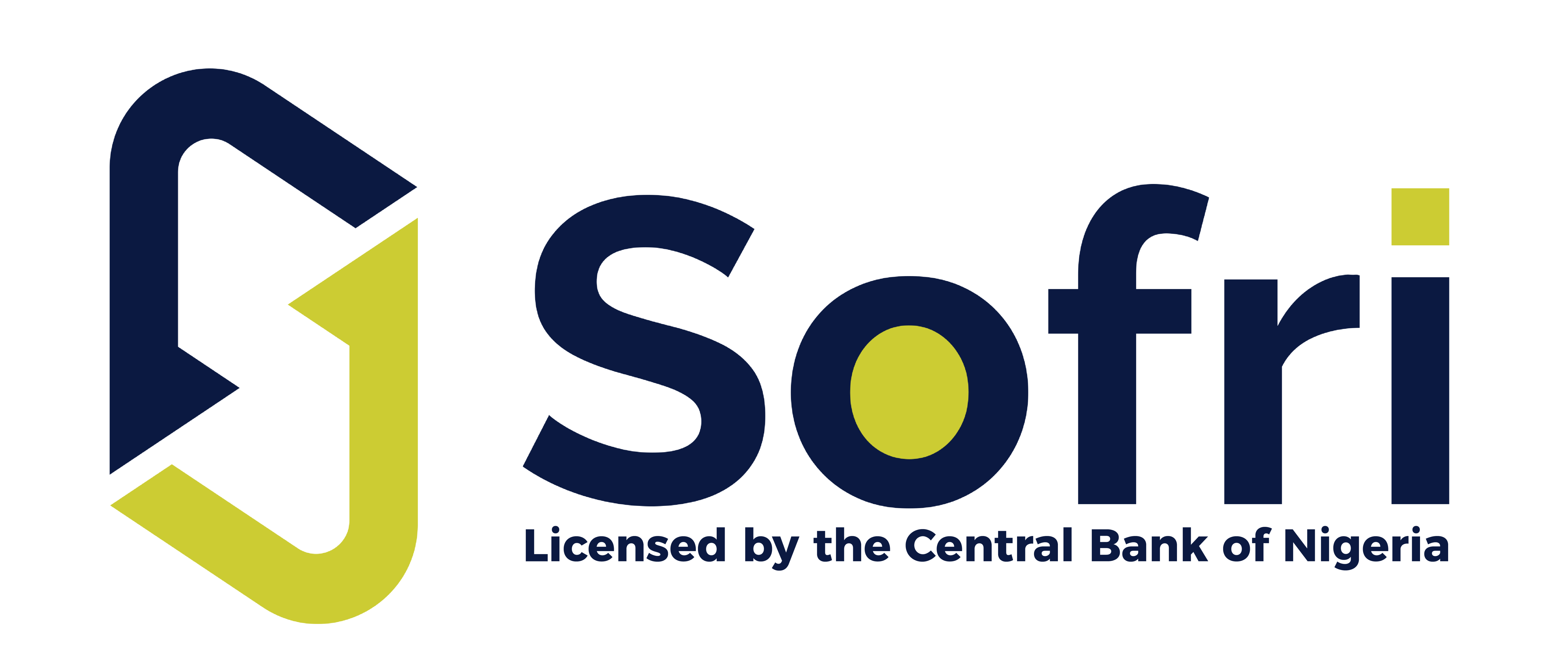A salary loan, sometimes known as a salary advance, is a short-term, unsecured loan intended to provide employees immediate access to monies prior to their payday. It is a financial solution that banks and regulated lenders regularly provide, notably to salaried employees in Nigeria. This article discusses how salary loans operate, their advantages, and what to think about before applying, with an emphasis on Nigeria’s financial landscape.
How Does a Salary Loan Work?
The process of obtaining a salary loan in Nigeria is straightforward and typically involves the following steps:
- Application:
Employees can apply for a salary loan through their bank, licensed financial institutions, or digital platforms. Many Nigerian banks offer salary advance products, often accessible via mobile banking apps or USSD codes. For example, Access Bank provides the Salary Advance loan, enabling quick applications through its Quick Bucks App or USSD services. - Eligibility Check:
The lender verifies key details, such as your employment status, monthly salary, and banking activity. Most banks require applicants to have a salary account with them for at least three months. - Loan Amount and Terms:
The approved loan amount is usually a percentage of your monthly salary. For instance, Nigerian banks often offer up to 50% to 200% of your net monthly income, depending on your creditworthiness. - Disbursement:
Upon approval, the loan amount is disbursed directly into the borrower’s salary account, often within minutes or hours of application. - Repayment:
Repayments are automatically deducted from your salary over an agreed period, typically one to six months. Nigerian banks charge interest rates that vary depending on the lender but are usually between 2% and 4% monthly. Some institutions also impose management or processing fees.
Benefits of Salary Loans
Salary loans have gained popularity in Nigeria due to their numerous advantages:
- Quick Access to Funds:
These loans are processed rapidly, making them a reliable option for addressing urgent financial needs like medical emergencies or unexpected expenses. - No Collateral Needed:
Since salary loans are unsecured, employees do not need to pledge assets as security. - Convenient Application Process:
The digitalized banking landscape in Nigeria allows for seamless applications via mobile apps or USSD codes, eliminating paperwork. - Flexible Usage:
Borrowers have the freedom to use the funds for any purpose, whether for household needs, school fees, or emergencies.

Pros and Cons of Taking a Salary Loan
Salary loans can be a valuable financial tool in times of need, but they come with both advantages and disadvantages. It’s essential to weigh these factors carefully before making a decision.
Pros of Taking a Salary Loan
- Quick Access to Funds
Salary loans are designed to provide fast financial relief. Many lenders, especially in Nigeria, offer same-day approval and disbursement, making them ideal for emergencies like medical expenses or urgent bills. - No Collateral Required
These loans are unsecured, meaning you don’t have to pledge assets like property or vehicles. Your salary serves as the primary guarantee for repayment. - Convenience
Many Nigerian banks and financial institutions offer digital application processes through mobile apps or USSD codes, allowing borrowers to apply from the comfort of their homes. - Flexible Loan Amounts
The loan amount is often tailored to your monthly income. Most lenders in Nigeria offer loans ranging from 50% to 200% of your net salary, providing flexibility based on your needs. - Fixed Repayment Terms
Repayment is typically automatic and aligned with your salary cycle, reducing the risk of missed payments and easing financial management.
Cons of Taking a Salary Loan
- High Interest Rates
Salary loans often come with higher interest rates compared to traditional loans. In Nigeria, monthly interest rates can range from 2% to 4%, translating to a significant annual percentage rate (APR). - Short Repayment Tenures
Repayment periods are usually short, often between one and six months. This can lead to financial strain if you’re not prepared to adjust your monthly budget. - Risk of a Debt Cycle
Frequent reliance on salary loans to meet regular expenses can trap borrowers in a cycle of debt, especially if new loans are taken to repay existing ones. - Hidden Fees
Some lenders include additional fees such as processing charges, insurance premiums, or management fees, which can increase the overall cost of the loan. - Reduced Future Cash Flow
Since repayment is deducted directly from your salary, a significant portion of your monthly income may be unavailable for other expenses. - Credit Score Impact
Failure to repay the loan on time can negatively impact your credit score, affecting your ability to borrow in the future.
Considerations and Risks of Salary Loans
While salary loans can be a lifeline in emergencies, they also come with potential drawbacks that borrowers should carefully evaluate:
- High Interest Rates:
Although convenient, salary loans in Nigeria often carry higher interest rates than traditional personal loans. For example, borrowers might face an effective annual percentage rate (APR) exceeding 40%. - Short Repayment Tenure:
Most salary loans require repayment within one to six months, which can strain your finances if not well-planned. - Debt Cycle Risk:
Over-reliance on salary loans can lead to a cycle of borrowing to meet recurring expenses, potentially leading to financial instability. - Hidden Fees:
Some lenders include additional fees, such as processing or insurance charges, that increase the cost of borrowing.
Expert Advice for Nigerian Borrowers
Discussions on forums like Reddit and Quora highlight the importance of financial prudence when considering salary loans. Below are some expert tips tailored to the Nigerian context:
- Understand the Terms:
Read and fully understand the loan agreement, including interest rates, repayment terms, and hidden fees. - Budget Effectively:
Ensure you have a repayment plan in place. Avoid using salary loans to cover non-essential expenses. - Explore Alternatives:
Before applying, consider alternative financial solutions such as saving schemes or employer-based salary advances, which might offer lower costs.
Sofri Salary Advance Loans
Sofri provides salary advance loans designed to offer quick financial assistance to salaried employees. These loans are accessible through the Sofri mobile application, which facilitates a seamless application process.
Key Features:
- Loan Amounts: New customers can apply for loans ranging from₦150,000 up to₦5,000,000, depending on their salary and credit profile.
- Application Process: Prospective borrowers need to download the Sofri app, complete the sign-up process, and provide necessary details such as their bank verification number (BVN) and means of identification.
- Repayment Terms: Repayments are structured to align with the borrower’s salary cycle, ensuring deductions are made conveniently.
Conclusion
Salary loans are a practical financial solution for salaried employees in Nigeria, offering quick and easy access to funds during emergencies. However, borrowers must approach them with caution, carefully evaluating the terms and potential impact on their financial health. By doing so, you can make informed decisions that align with your financial goals and ensure a stable economic future.
If you’re considering a salary loan, consult your bank or a trusted financial advisor to explore your options and choose the most suitable product for your needs.

